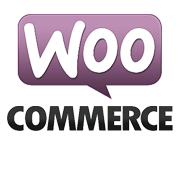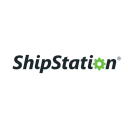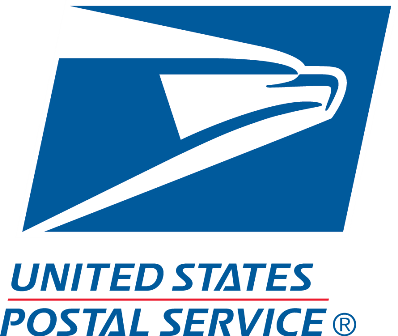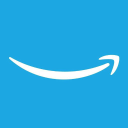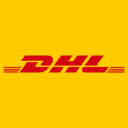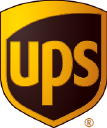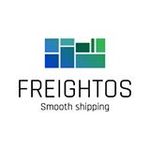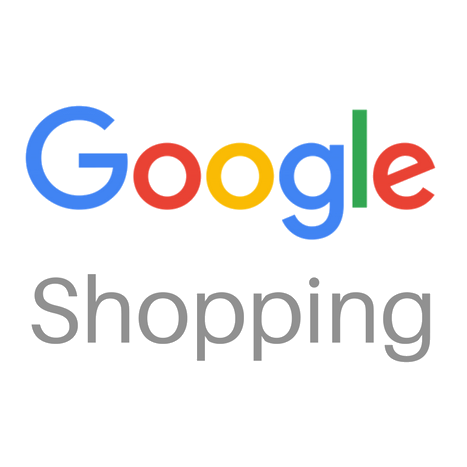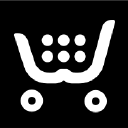Scaling Our Way To $3M/Year With Our E-Commerce Fulfillment Center [Update]
This is a follow up story for OTW Shipping. If you're interested in reading how they got started, published over 3 years ago, check it out here.
Hello again! Remind us who you are and what business you started.
Hey there, Nick and Parker again! Back in 2020, we started OTW Shipping, an eCommerce fulfillment center (AKA 3PL, although we are just one type of 3PL company) out of Salt Lake City, Utah. For any eCommerce novice out there, our clients will send us their inventory and we'll store it for them in our warehouse.
We integrate with their selling platforms, like Shopify, so when they get orders we can pack and ship them out. It all seems simple on paper, but across countless clients and high order volume, it can get very complex. We try to keep it simple. Our goal is to provide small and large eCommerce brands with top-class fulfillment and a level of communication that feels like your own in-house fulfillment team.
After launching in November of 2020 with nothing but student debt to our names, we accomplished $1M in revenue in our first 12 months, shipping out over 120,000 packages.
We are now into around 20,000 square feet in a new warehouse, and already close to capacity once again. In 2023, we are expecting to achieve well over $3M in revenue and reach over 100 clients.


